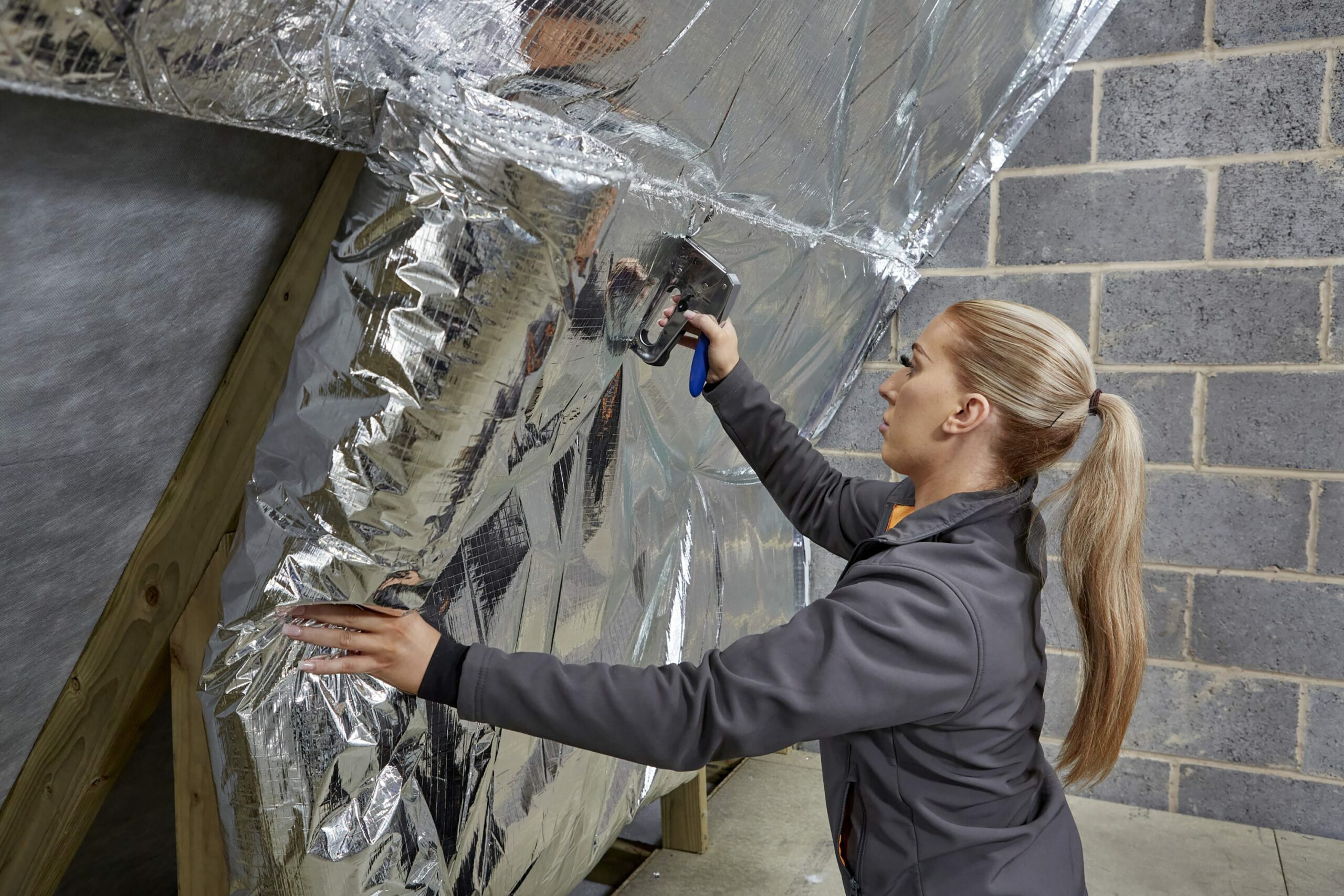Roof leaks during heavy rain can be a homeowner's worst nightmare. Not only do they cause immediate damage to the interior of your home, but they can also lead to long-term structural issues if not addressed promptly. In this comprehensive guide, we will explore the most effective and practical solutions to prevent roof leaks during heavy rain, ensuring the protection and longevity of your home.
- Regular Roof Inspections:
Regular roof inspections are crucial in identifying potential weak spots and addressing them before they become major issues. Hire a professional roofing contractor to conduct a thorough inspection at least once a year, preferably before the rainy season. They will assess the condition of your roof, identify any existing or potential leaks, and recommend appropriate repairs or maintenance. - Maintain Gutters and Downspouts:
Clogged gutters and downspouts can contribute to roof leaks during heavy rain. Ensure that your gutters are free from debris such as leaves, twigs, and dirt. Regularly clean them and inspect for any damage. Additionally, ensure that downspouts are properly connected and direct water away from the foundation of your home. - Install Proper Roof Ventilation:
Inadequate roof ventilation can lead to moisture buildup, which can weaken the roof structure and cause leaks. Consult with a roofing professional to ensure your roof has proper ventilation, including ridge vents, soffit vents, and attic fans. This will help regulate temperature and humidity levels, preventing condensation and potential leaks. - Check and Maintain Flashing:
Flashing is a protective barrier installed around roof penetrations, such as chimneys, skylights, and vents. Over time, flashing can deteriorate or become loose, leading to water penetration during heavy rain. Regularly inspect flashing and ensure it is intact and properly sealed. Replace any damaged or worn-out flashing promptly to prevent leaks. - Invest in High-Quality Roofing Materials:
When it comes to preventing roof leaks, investing in high-quality roofing materials is essential. Opt for durable and weather-resistant materials that are specifically designed to withstand heavy rain and extreme weather conditions. Consult with a roofing professional to determine the best materials for your specific climate and needs. - Address Roof Damage Immediately:
If you notice any signs of roof damage, such as missing shingles, cracked tiles, or damaged areas, address them immediately. Ignoring minor issues can lead to more significant problems during heavy rain. Contact a professional roofer to assess the damage and perform necessary repairs or replacements.
Conclusion:
Preventing roof leaks during heavy rain requires proactive maintenance and regular inspections. By following these effective solutions, you can safeguard your home from water damage, ensuring a dry and secure living environment. Remember, it is always advisable to consult with a professional roofing contractor for expert advice and assistance in maintaining a leak-free roof.

